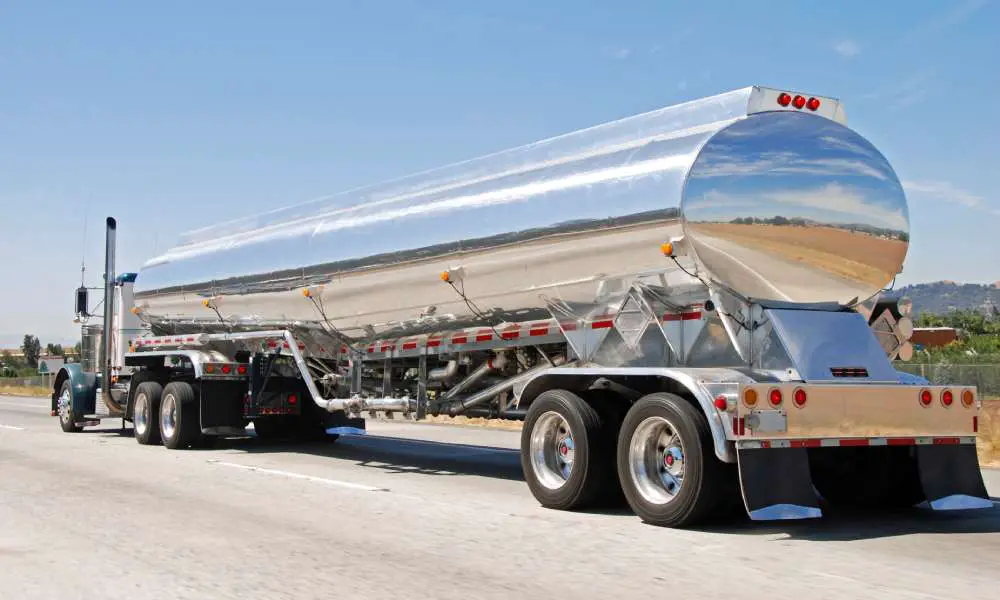

Tanker trailers play a significant role in today’s world because they transport a wide variety of materials safely and efficiently. Knowing what type of materials and their handling requirements is a vital part of respecting and honoring this critically important industry.
Such knowledge can support smooth operations and maintain the highest safety standards during transportation. Below, we’re going into greater detail about the materials commonly transported in tanker trailers, highlighting their importance to the modern world.
Tanker trailers are often seen carrying chemicals and petrochemicals across regions. These substances include acids, solvents, and various types of fuel, which require meticulous handling due to their hazardous nature.
Transportation companies must adhere to strict regulations—such as the Hazardous Materials Regulations (HMR)—to prevent accidents and environmental damage. Specialized training for drivers and handlers is vital when hauling sensitive loads, as it supports public safety and compliance with the law.
A lesser-known fact is that tanker trailers also transport a variety of liquid food products. Items such as milk, vegetable oils, and syrups travel in specialized food-grade tankers. These trailers maintain the purity and quality of consumables while adhering to food safety standards like the Food Safety Modernization Act (FSMA).
Proper cleaning and sanitization practices before loading each new batch can prevent contamination. This process guarantees the food products can maintain their quality from dispatch to delivery, ultimately satisfying regulatory requirements and consumer expectations.
Gases, including liquefied petroleum gas (LPG) and compressed natural gas (CNG), are among the most challenging materials to transport in tanker trailers. Tankers equipped with pressure relief valves and reinforced tanks can support safe handling.
Gas transportation demands rigorous safety protocols to manage the high pressures involved. Drivers and logistics professionals must be vigilant and inspect equipment regularly to prevent leaks or malfunctions that could lead to catastrophic consequences.
Non-hazardous liquids such as water, liquid waste, and industrial liquids are common in tanker trailer transportation. Although they pose fewer risks compared to hazardous materials, careful handling remains essential.
Environmental considerations play a significant role in transporting such liquids, as spills can still cause ecological harm. Compliance with environmental regulations, such as the Clean Water Act, ensures responsible transportation and protection of natural resources.
Understanding the materials transported in tanker trailers is important for anyone involved in the logistics and transportation industry. Engaging with a tank transportation specialist can provide valuable insights into best practices and safety measures. By staying informed and connected with industry experts, businesses can enhance their operations and maintain a strong commitment to safety, efficiency, and environmental responsibility.
American families are once again juggling the seasonal custom—and financial burden—of back-to-school shopping as the…
Want to bond over unexpected activities? Look at these unconventional ways to connect with your…
Burnout isn’t just something that happens to CEOs. For moms homeschooling littles, it’s a very…
When it comes to long-distance motorcycling, comfort, reliability, and smart engineering can make or break…
Flowers have seen significant transformation over time; online flower shopping is increasingly common now for…
Learn essential first-time landlord tips for success, from tenant screening to property maintenance. These strategies…